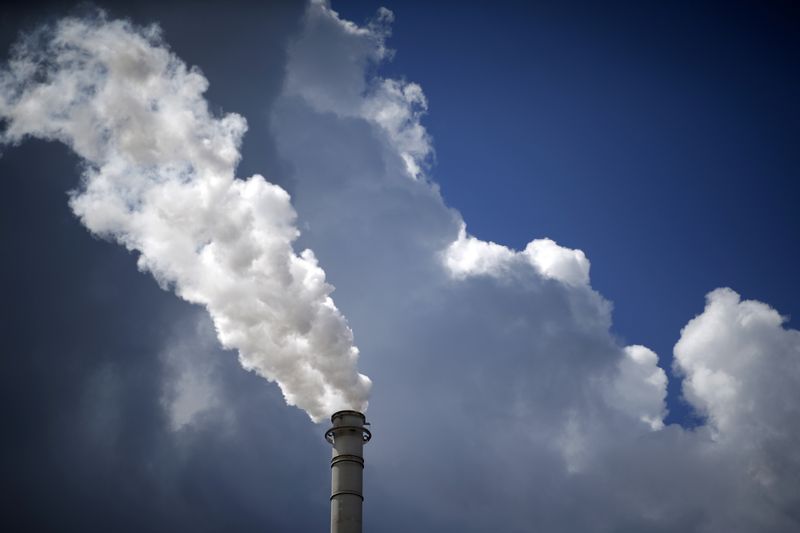By Nancy Lapid
(Reuters) – The toxic gas ethylene oxide (EtO) is detectable in southeastern Louisiana at levels a thousand times higher than what is considered safe, according to a new study.
EtO emissions largely come from petrochemical manufacturing, and southeastern Louisiana has a high density of facilities that use or manufacture petrochemicals.
“We expected to see ethylene oxide in this area,” said study leader Peter DeCarlo of Johns Hopkins University in Baltimore. “But we didn’t expect the levels that we saw, and they certainly were much, much higher” than levels estimated by the Environmental Protection Agency (EPA).
EPA estimates were based on traditional EtO monitoring methods that involve collecting air samples and analyzing them in a lab, a method that is not precise, DeCarlo said.
Because EtO concentrations change over time, the air that comes out of the collection canister in the lab is different from the air that was originally collected, he explained.
In February 2023, researchers crisscrossed repeatedly through southeastern Louisiana’s industrial corridor with a cutting-edge mobile air-testing lab that could directly measure EtO levels on site.
EtO is so toxic that dangerous levels for long-term exposure start at 11 parts per trillion, the researchers noted in a report published on Tuesday in the journal Environmental Science & Technology.
Levels in southeastern Louisiana reached 40 parts per billion near industrial facilities, “more than a thousand times higher than the accepted risk for lifetime exposure,” DeCarlo said.
“I don’t think there’s any census tract in the area that wasn’t at higher risk for cancer than we would deem acceptable,” DeCarlo said.
Long-term exposure has been linked to cancer, particularly for people living near facilities that manufacture EtO or work with it.
Concerning levels were found up to 6 miles (10 kilometers) downwind from factories, according to the report.
One public school in Gonzales, Louisiana is only 5 miles (8 km) from the center of one industrial “hotspot,” the researchers said.
The EPA said it would review the study. It added that it had already taken steps to reduce pollution in the part of the state nicknamed “Cancer Alley” due to its higher cancer incidence rates, including by setting new standards for chemicals manufacturing and by conducting research into sources of EtO.
A spokesperson for the American Fuel and Petrochemical Manufacturers, which represents the U.S. petrochemicals and oil refining industry, did not immediately respond to a request for comment.

High cancer rates in the area connected to local industrial air pollution disproportionately affect impoverished and black neighborhoods. DeCarlo said his team has been sharing their findings with these neighborhoods.
“Now we have data for them that will help them bring their concerns forward” to public health authorities, he said.

